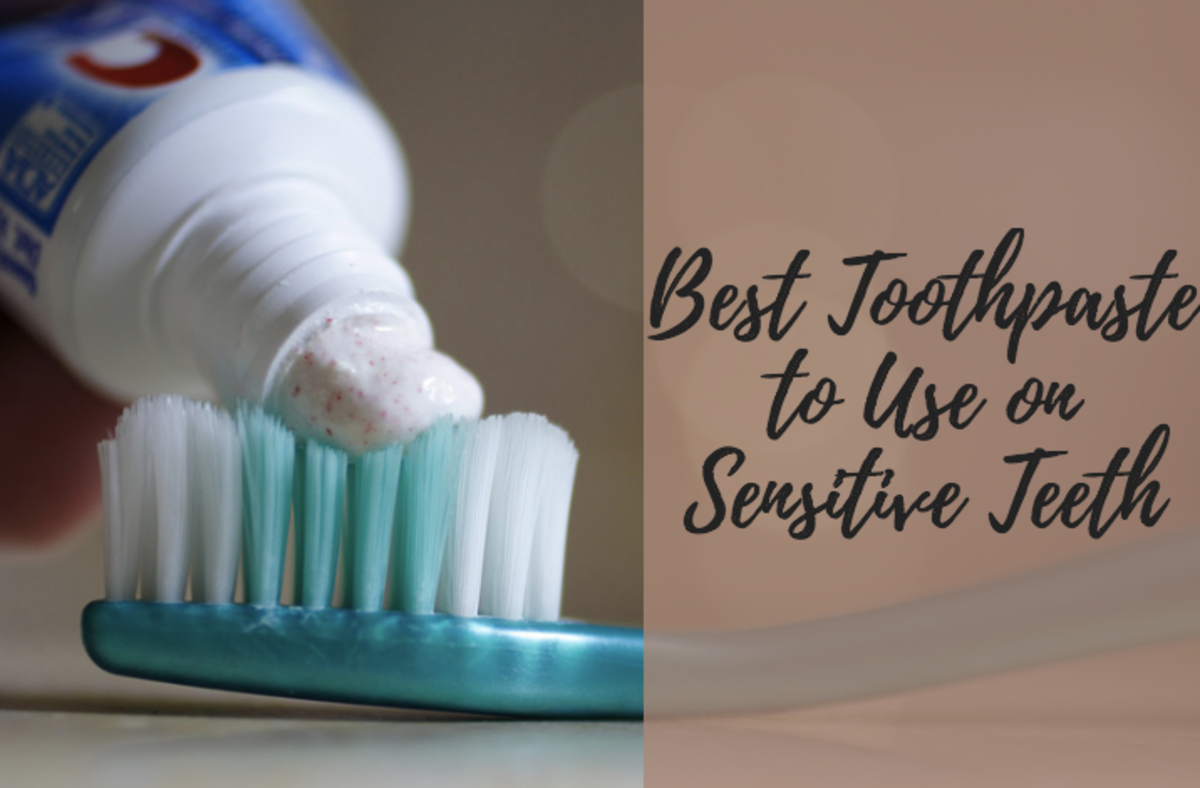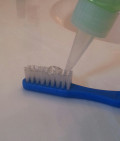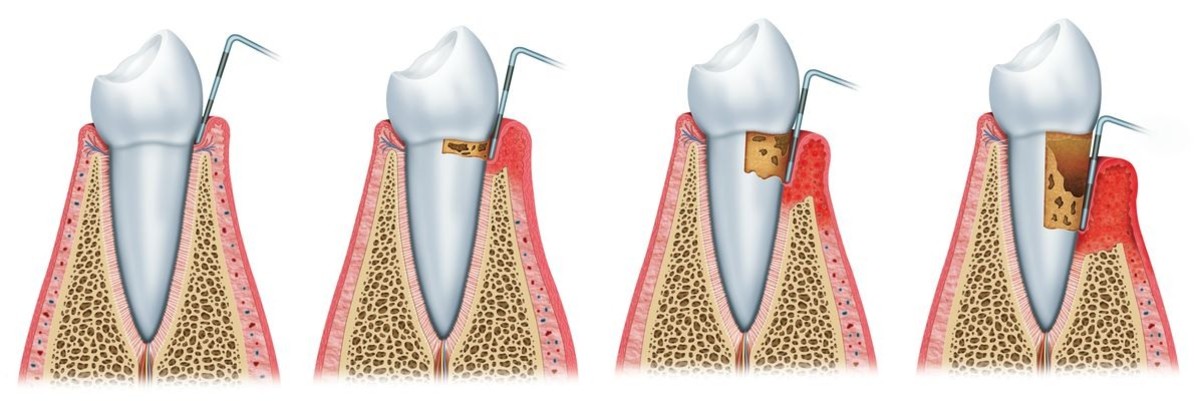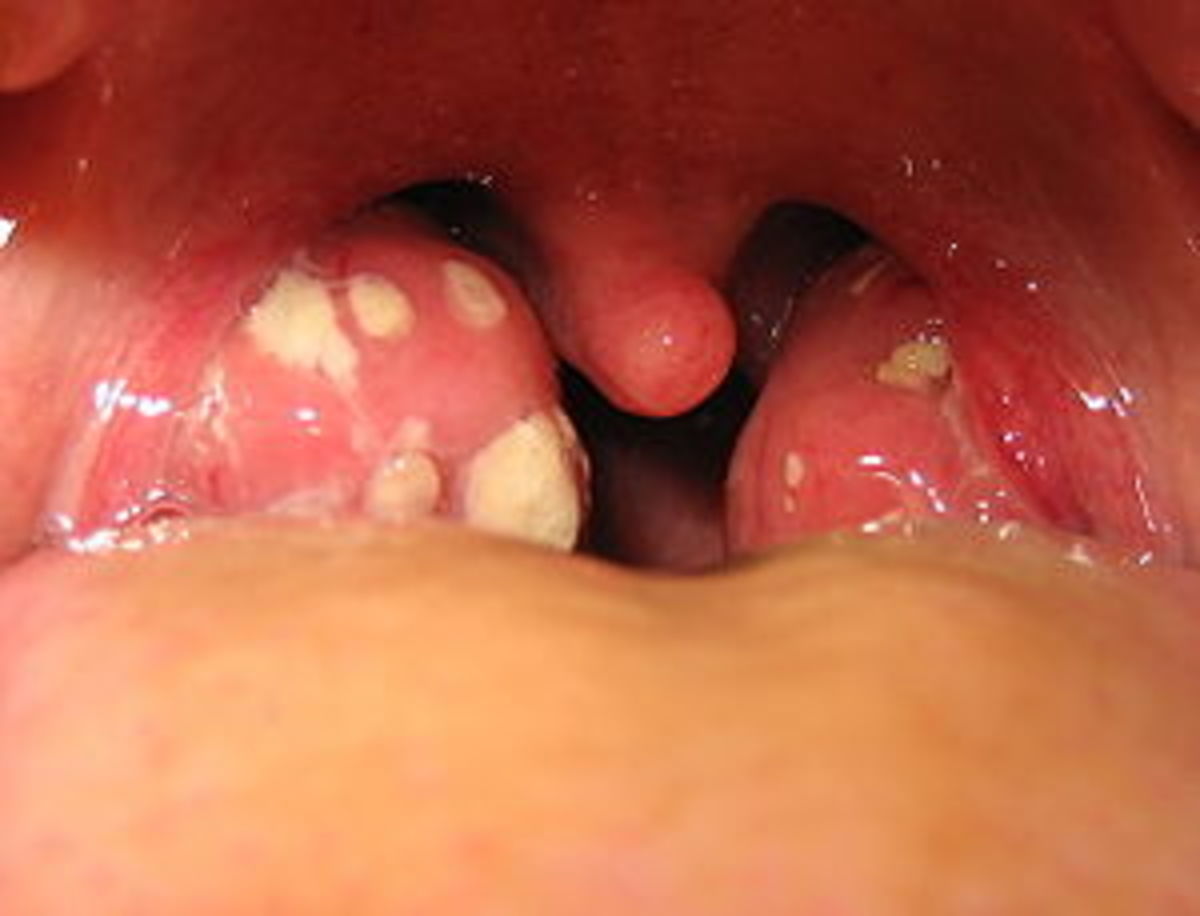Which Toothpaste Should I Be Using?
Types of Toothpastes
With so many different types of toothpastes on the market, it can get confusing just which one you should be using. Here are some broad classifications of toothpastes available:
1. Fluoride - quite straight-forward, it contains fluoride (albeit in varying concentrations but usually 1000ppm is the most common)
2. Complete Care - usually refers to toothpaste that protects the teeth and gums (I'll tell you what I think about these in a minute)3. Sensitive - toothpaste that helps soothe sensitive teeth4. Whitening - toothpaste that contain and abrasive that is supposed to help reduce surface stains on your teeth5. Herbal6. Non-fluoridated
What Should You Use?
There are two main oral diseases we are fighting when we brush our teeth and they are:
1. Dental caries (tooth decay)
2. Gingivitis (gum disease)
To protect your teeth against tooth decay, you need a fluoridated toothpaste. To protect your gums from gum disease, you need a toothbrush.
And it's really as simple as that.
Tooth decay is caused by bacteria in the mouth that break down the sugars we consume to produce acids. These acids dissolve our teeth, leaving behind a cavity. Fluoride strengthens our teeth and helps to remineralise tooth structure that has been affected by these acids. So the only thing you really need to protect your teeth from tooth decay is a toothpaste containing fluoride. You could even rub toothpaste on your teeth with your finger and it'll do the job. Studies have shown that toothpastes containing 1000ppm provides the optimum level to do just that.
The reason we don't want to be exposed to too high levels of fluoride is because excessive fluoride can cause a condition called "fluorosis". Fluorosis doesn't harm our teeth but it discolours it, and in severe cases can cause mottling of the teeth which can be aesthetically displeasing.
To protect your teeth against gum disease, you need a toothbrush. Gum disease is caused by plaque bacteria accumulating along the gum line and causing irritation to the gums. Over a period of time, this irritation progressively becomes irreversible. With careful brushing on a regular basis, you can prevent the bacteria building up along the gum line and protect your gums from plaque.
The thing about plaque is that it has to be mechanically removed, meaning you need the action of the toothbrush bristles to flick it away. No chemical can remove plaque, so "complete care" toothpastes are really only good for your teeth. There is a chemical that can PREVENT plaque from forming along the gum line (but it can't remove plaque that is already there) called chlorhexidine. It is an ingredient in some mouthwashes. The only reason I don't recommend rinsing with chlorhexidine on a daily basis is because after about ten days, it causes you to lose your taste sensation and it can cause yellow staining of your teeth and gums. Chlorhexidine, while very effective, is not intended for long-term use.
So if you're concerned about protecting your teeth and gums, the only thing you really need is a good toothbrush and a fluoridated toothpaste, and make sure you brush your teeth regularly using the proper technique.

Whitening Toothpaste
Whitening toothpastes are only really good for removing surface stains. They work through an abrasive action. Although regular toothpastes also contain an abrasive, whitening toothpaste contain a high level of abrasives which makes them unsuitable for people with sensitive teeth.
There are three ways to whiten teeth:
1. Mechanically (using whitening toothpastes) - which only removes surface stains.
2. Chemically (bleaching methods performed by your dentist, or take-home kits which aren't as effective) - these will help lighten the stains that have penetrated the tooth structure.
3. Veneers (a thin layer of porcelain or plastic filling material that a dentist places over your normal tooth structure)
If you really want to whiten your teeth, the best way to get it done is to get them bleached by the dentist, or to get veneers done (although personally, I feel that veneers are rather aggressive just for the sake of having whiter teeth).
Sensitive Toothpastes
Sensitive toothpastes are useful if you have teeth that are sensitive to hot, cold or sour foods. Sensitivity to sweet foods are usually a sign of tooth decay and I would recommend that you go see your dentist rather than try to treat it with a sensitive toothpaste.
Sensitive teeth are caused by receding gums and may be the result of improper brushing technique or gum disease. When the gums recede, a structure of your tooth called the dentine is exposed. Being porous, dentine allows certain stimuli, like hot and cold foods, to trigger the nerves in the pulp of your tooth, causing sensitivity. Sensitive toothpaste helps to block the communication between the nerve cells and the stimuli.
12-Hour Protection and Enamel Strengthening
12-Hour Protection toothpastes contain an additional active agent called "Triclosan". Triclosan has been shown to help slow the reattachment of bacteria and can offer some added protection. If you really wanted the best protection for your teeth, I would use a toothpaste with 12-Hour protection.
The term "enamel strengthening" is merely a marketing claim because all toothpastes that contain fluoride are enamel strengthening. Tooth structure is made of hydroxy-apatite which is less resistant to acid attack. When you brush your teeth with fluoride, the fluoride replaces the hydroxyl group in enamel to form fluoro-apatite. Fluoro-apatite is more resistant to acid attack because the electronegativity of the fluoride ion is much stronger than that in the hydroxyl group, so it holds the structure of the tooth more tightly.
So Which Toothpaste?
If you want to protect your teeth and gums, all you need is a fluoridated toothpaste and a good toothbrush. For extra protection, I would use the toothpaste with 12-hour protection (which I do).
If you want to whiten your teeth, I would recommend going straight to the dentist and not bothering with the whitening toothpastes. Whitening toothpastes are only good for removing surface stains.
If you have sensitive teeth, I would recommend using a sensitive toothpaste with fluoride and return to using your regular toothpaste when your tooth is no longer sensitive.








